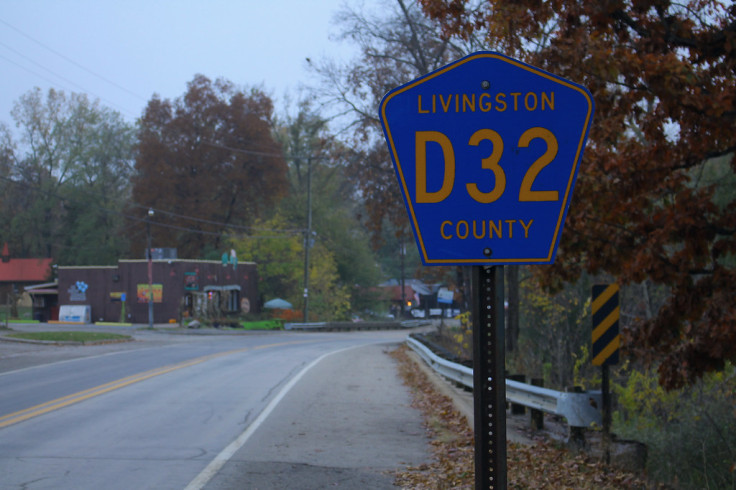
A recent report by the League of United Latin American Citizens (LULAC) revealed that state legislatures across the United States saw a significant increase in the introduction of anti-immigrant bills in 2024: a 77% rise from the previous year.
The bills and proposals across the country focused primarily on enhancing border security, increasing law enforcement cooperation with federal immigration authorities, and countering sanctuary policies.
Surveillance is another focus, with The Livingston County Board of Commissioners passing a resolution on Monday requiring law enforcement to track all interactions with undocumented immigrants regardless of the nature of the encounter.
Surveillance will affect not only undocumented individuals involved in crimes and traffic incidents, for example, but those serving as witnesses or victims as well. The resolution is intended to collect data to "better assess the impact of illegal immigration", according to Livingston Daily.
The measure, introduced by Commissioner Wes Nakagiri, has sparked significant public debate, with opponents arguing it could undermine public safety by discouraging immigrants from reporting crimes or cooperating with law enforcement.
During public comments about the issue, the outlet detailed that Ellie Jordan, managing attorney for the Michigan Immigrant Rights Center, expressed concern over the measure:
"If the resolution passes, immigrant witnesses and victims will be less likely to report crimes, regardless of their own legal status. Also, when police track immigration-related civil infractions, they have less time and resources to address serious criminal matters."
Public comments during the commission meeting were largely against the resolution. Some speakers connected the policy to the county's history of racism, a reputation that started decades ago after former KKK Grand Dragon Robert Miles moved to a farm north of Howell. Others warned it would lead to racial profiling and foster mistrust within immigrant communities.
Law enforcement officials, including Livingston County Sheriff Mike Murphy, defended the resolution as a means to collect data on undocumented immigration in response to growing public concerns, although no formal mechanism currently exists to track such interactions:
"My motivation, frankly, is to better understand the problem. It's just that simple. I have been asked probably in the last six months, at least every other day, 'Hey, do we really have a huge problem here?"
© 2025 Latin Times. All rights reserved. Do not reproduce without permission.





